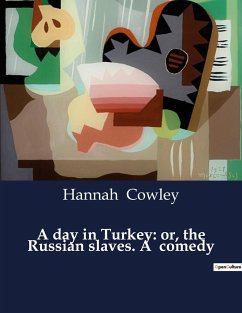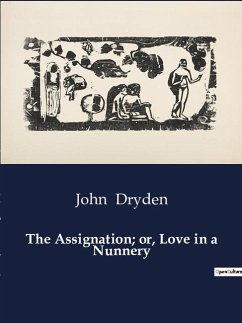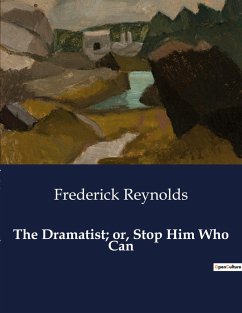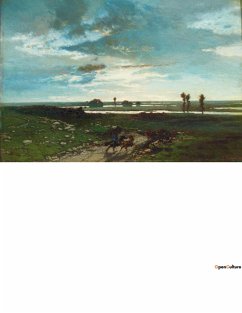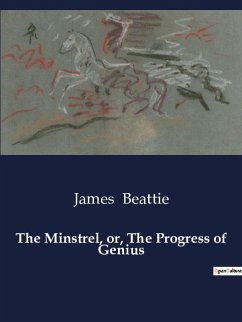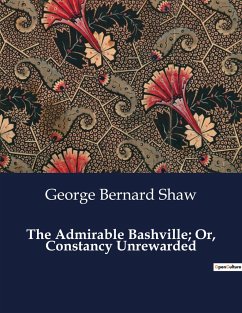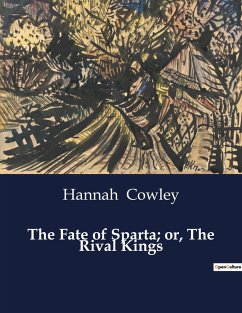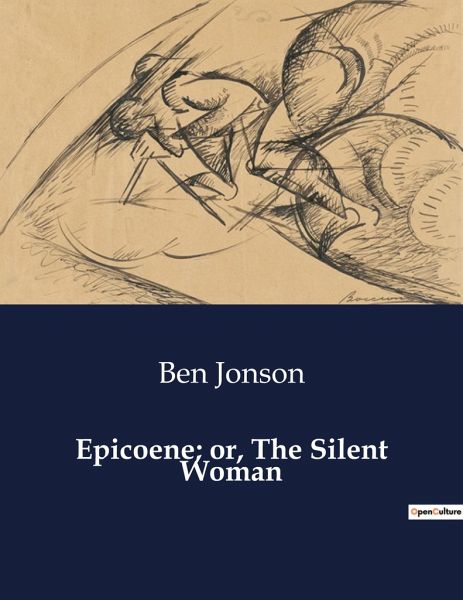
Epicoene; or, The Silent Woman
Versandkostenfrei!
Versandfertig in 1-2 Wochen
19,00 €
inkl. MwSt.

PAYBACK Punkte
0 °P sammeln!
"Epicoene; or, The Silent Woman" by Ben Jonson is a classic comedy of manners that satirizes the social conventions and gender roles of early 17th-century London society. The play revolves around the character Morose, a wealthy but misanthropic old man who seeks to escape the noise and chaos of the city by marrying a silent woman. The central premise of the play revolves around Morose's desire for peace and quiet, which leads him to marry Epicoene, a young woman who pretends to be silent in order to secure her inheritance. However, as Morose soon discovers, Epicoene is anything but silent, and...
"Epicoene; or, The Silent Woman" by Ben Jonson is a classic comedy of manners that satirizes the social conventions and gender roles of early 17th-century London society. The play revolves around the character Morose, a wealthy but misanthropic old man who seeks to escape the noise and chaos of the city by marrying a silent woman. The central premise of the play revolves around Morose's desire for peace and quiet, which leads him to marry Epicoene, a young woman who pretends to be silent in order to secure her inheritance. However, as Morose soon discovers, Epicoene is anything but silent, and her antics, along with those of the other characters, lead to a series of hilarious misunderstandings and complications. Through its witty dialogue, clever wordplay, and exaggerated characters, "Epicoene" offers a biting critique of the social mores and conventions of Jonson's time. The play explores themes of marriage, deception, and the nature of gender roles, while also offering a humorous commentary on the foibles and follies of human nature.





